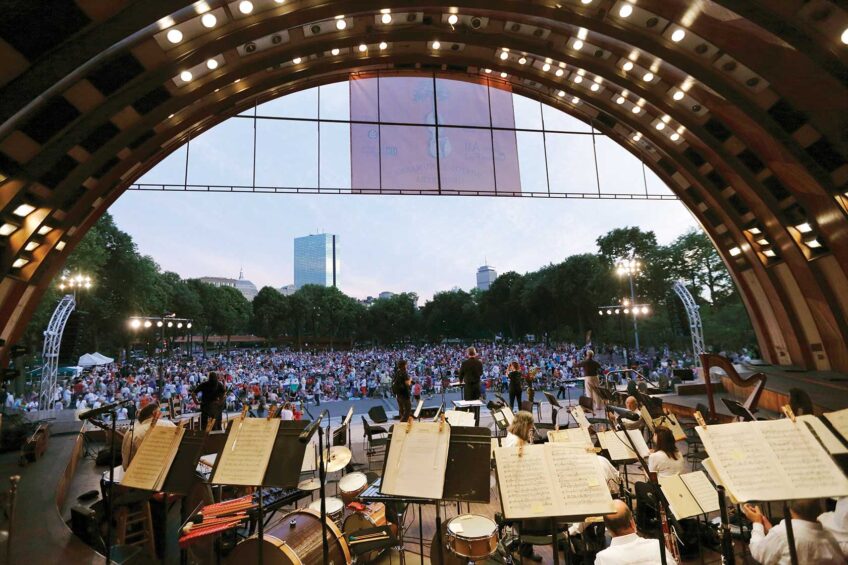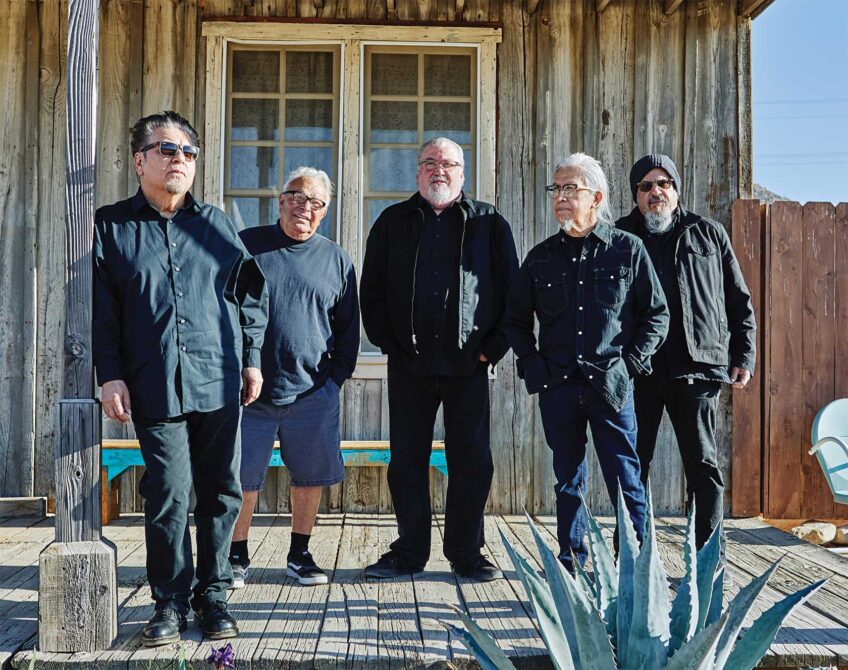Christopher Hope has heard all the criticism about hip hop: It’s angry, it’s degrading toward women, it glorifies drug pushing, pimping and partying.
The 27-year-old Harvard Divinity School graduate student doesn’t deny that those elements exist in his favorite musical genre. But the Atlanta transplant believes those aren’t the only themes in modern hip hop. Some of the music, he said, seeks to promote social change and spread the Gospel.
To prove his point, Hope hosts a one-hour, Saturday evening show called “Hip Hope” radio on Harvard University’s WHRB 95.3 FM, where he plays contemporary rap music along with a sub-genre he calls “gospel hip hop.”
Hope said he uses the show as a way to introduce fans of traditional urban music to a hip hop with Christian themes. Listeners are exposed to gospel hip hop songs that have messages about social activism and social change, he said.
“You have to speak to youth in their language in order to share the word of God,” said Hope, who works with the Pentecostal Tabernacle in Cambridge’s Area Four Neighborhood, one of the city’s poorest. “It’s about taking something that most people perceive as negative and flipping it and saying, ‘No, this is something that the Holy Spirit has created.’”
Hope began the show a year-and-a-half ago after becoming a graduate student. He previously flirted with radio while an undergraduate science student at Tufts University, but wanted to try something he believed could attract young people.
“I wanted to create something more than a music show,” he said. “I wanted to create something where I could put regular urban hip hop next to Christian hip hop, which in my opinion is just as good, and let the people decide.”
In addition to playing gospel hip hop, Hope and co-host Mike DaSilva discuss civil rights, immigration and politics in Washington. Hope also has conducted interviews with the likes of Princeton professor Cornel West and hip hop veteran rapper Rakim.
“He has a gift for reaching out to people, especially young people,” said DaSilva, a conservative Christian who often debates Hope on the show. “It’s funny that his last name is Hope. It matches him.”
When he has time, Hope even plays his own self-produced hip-hop songs — personal tales to beats about how his late mother’s battle with addiction and losing his father at a young age.
Hope’s activism often extends outside of the radio booth.
He authored a resolution calling for the city of Cambridge to support the DREAM Act — a federal proposal that would give undocumented students a path to citizenship through college enrollment. During his speech to city councilors, Hope cited various passages in the Bible that called for the equal treatment of the immigrant. They approved the resolution earlier this month.
“You never know what God will have you do,” Hope said. “I know I’m doing a lot and I’m trying to balance it all out. Hip hop is just another venue for his message.”
Associated Press






